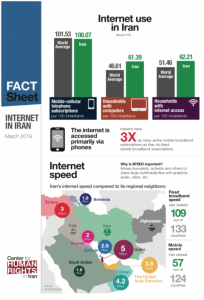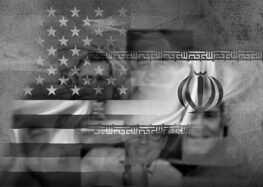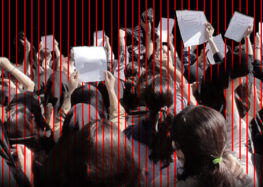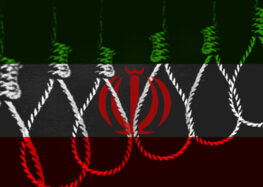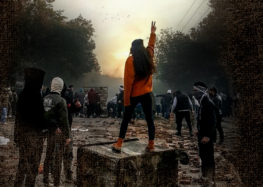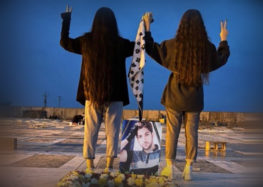Deaths Rising in Sistan and Baluchistan as Unrest Continues Amid Internet Shutdown
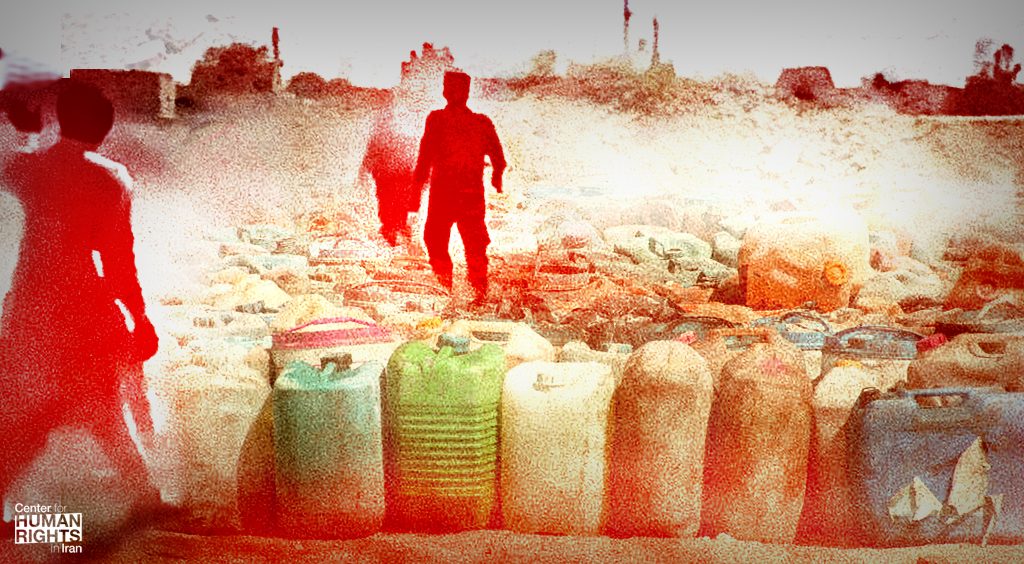
At Least 23 Killed by State Forces Since Unrest Began in Late February
March 1, 2021—The killing by state security forces of some two dozen protesters in Iran’s Sistan and Baluchistan Province since unrest broke out in the area on February 22, 2021—and the intermittent shutdown of the internet to conceal news of those killings—continues the trend of excessive and lethal state force used against demonstrators in the Islamic Republic.
The Islamic Revolutionary Guard Corps (IRGC), which effectively controls local economic and military operations and which triggered the unrest by killing fuel transporters, should be held accountable for all resulting deaths and injuries.
“The authorities in Iran seem to think that shooting to kill is the way to silence dissent,” said Hadi Ghaemi, executive director of the Center for Human Rights in Iran (CHRI).
“Security forces killed hundreds of protesters with impunity in November 2019, and they are doing it again now,” Ghaemi added. “The international community should clearly and forcefully let the authorities in Iran know that the continued use of lethal force against protesters is unacceptable.”
CHRI calls for the immediate cessation of lethal state force against protesters in Sistan and Baluchistan, the cessation of all internet disruptions by the state, and an independent investigation into the killings by security forces in Sistan and Baluchistan.
The current unrest in the province began on February 22, 2021, after Iranian border guards shot and killed two fuel transporters along the border with Pakistan, setting off widespread protests and road blockages. More lethal shootings by the security forces followed, while the government simultaneously imposed internet disruptions to block news of the violence.
On February 23, the Baloch Activists Campaign (BAC) published a list of 15 confirmed deaths and injuries caused when the IRGC opened fire on fuel transporters at the Saravan border post with Pakistan on February 22.
The deaths include: Yahya Ganguzahi; Abdolrahman Shahrasanzahi; Abdi Shahrasanzahi; Salman Shahrasanzahi; Rahmanbakhsh Dehvari; Abdolvahab Damani; Ons Sahebzadeh; Abdolghafour Toutazahi; Mohammad Mirbaluchzahi; and Mohammad Nosratzahi. The injured include: Behzad Azadi; Edris Baluchzahi; Mohammad Mandazahi; Salman (last name unknown); and Abdolsattar Dehvari.
However, CHRI has learned from informed local sources that at least 23 people have been killed by state security forces. In addition, these sources have informed CHRI that many more have been injured, including many critical injuries.
Internet Disruptions Hide Killings and Inflict Severe Economic Damage
The internet disruptions in the province during the unrest reflect the continuation of a troubling trend in which whenever the state engages in direct confrontation with protesters, it blocks internet access in order to kill protesters indiscriminately and out of the public eye and prevent protesters from communicating and organizing.
This has aided security forces’ ability to indiscriminately use excessive and lethal violence against protesters, including far beyond what international law allows for crowd control.
In addition to violating rights to access information and communication, such disruptions also have economic impacts. According to a joint statement by Access Now, Amnesty International, ARTICLE19 and the Miaan Group, the province has weak internet infrastructure and 95.7% of internet users rely on mobile Internet. As a result, these internet disruptions mean a “near total” internet shutdown, with catastrophic consequences for a local economy that runs on mobile phones applications.
Local sources told CHRI that many businesses have seen their operations severely slowed down or halted during these internet disruptions, effectively translating into a collective punishment for the region.
During the November 2019 protests, the internet was shut down for a week while state security forces killed hundreds of protesters and bystanders. No independent investigation was ever conducted into these events.
Local Religious Leaders Speak Out Against Killings
Mohammad Hadi Marashi, the province’s deputy governor in charge of security, told reporters on February 23: “We negotiated [with the people at the border] for two hours and asked them to be patient and observe the laws and regulations when entering [the country]. But apparently, the crowd rushed the guard post when Pakistani forces opened fire on the other side of the border. The crowd broke the barrier and caused damages when they rushed through. As a result, one person was killed and four others were injured.”
In a report on February 28, 2021, BAC stated “Mowlana Abdolhamid Ismaeelzahi (the most senior Sunni cleric in the province), Mowlana Abdolrahman Chabahari, Mowlana Mohammad Hossein Gorgij, Mowlana Abdolghaffar Naghshbandi, Mowlana Abdolkarim Hosseinpour, Mowlavi Sadati, Mowlana Taj Mohammad Dehani and a number of other Sunni clerics have condemned the massacre of the fuel transporters and demanded the perpetrators be punished to the fullest extent.”
In his Friday prayer sermon in Zahedan on February 26, Mowlana Abdolhamid Ismaeelzahi said, “Officials must carefully investigate Monday’s incident in Saravan and avoid making statements that could inflame the feelings of suffering people. Those responsible for shooting at fuel transporters must be punished under the law and compensation be given for the damages caused. This will help bring peace and security to the people.”
Sistan and Baluchistan, Iran’s second-largest province which borders Afghanistan and Pakistan, is one of the country’s poorest and most undeveloped provinces.
With unemployment as high as 40 to 60 percent in some parts of the province, and drought that has devastated the livelihoods of the region’s farmers, buying and selling fuel has become an important livelihood for many.
*Editor’s Note: This article was updated on March 5, 2021, with additional names of those who were killed and injured.

